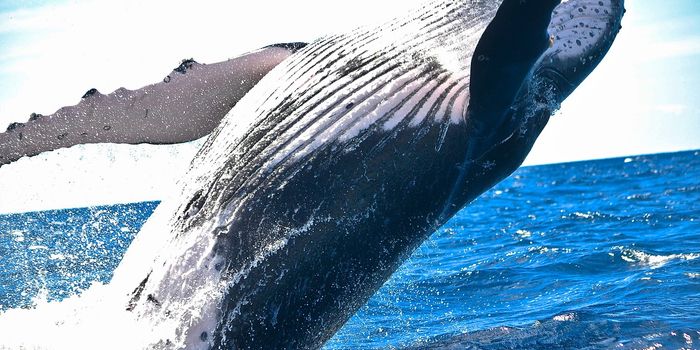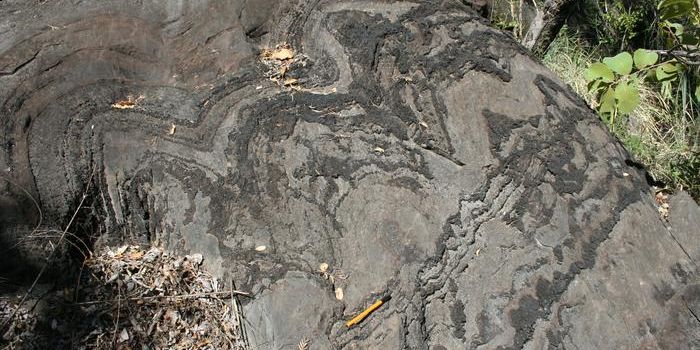Wild African Gray Parrots Are Now Banned From International Trade
There is a population problem surrounding the African Gray Parrot, and trading of the wild species is the source of the problem, according to experts.

Nine nations, including Gabon, Angola, Chad, Guinea, Nigeria, Senegal, Togo, the USA, and the EU voted to upgrade the species from Appendix II to Appendix I, and now, answering this problem is a newfangled ban on international trade of the wild animals, which was voted for 95 to 35 at the CITES conference in Johannesburg.
The World Wildlife Fund (WWF) says that this is a major push forward in conservation for the species, noting that the ban on international wild trade will help the species flourish in the wild.
“Fraud and corruption have enabled traffickers to vastly exceed current quotas and continue to harvest unsustainable numbers of African grey parrots from Congo’s forests to feed the illegal trade,” said WWF Global Wildlife Policy Manager Dr Colman O Criodain.
“Banning the trade will make it easier for law enforcement agencies to crack down on the poachers and smugglers, and give the remaining wild populations some much-needed breathing space.”
In some areas, the animal’s wild populations have dropped anywhere from 90-99% since 1990, although in most areas that number is more realistically about 50% lower.
These low numbers are not fitting for this unique and intelligent bird species, which are enjoyed because they can learn to speak and live for long periods of time in captivity. On the other hand, they’re slow at reproducing, so it’s hard for them to keep up with wild trade.
Although these new regulations may help the species, some experts still aren’t convinced they’re going to work enough. Unfortunately, these new regulations won’t stop those who are avid enough to capture and trade the species, as criminals always find a way to undermine the law.
“Current regulations have singularly failed to halt the over-exploitation of the African grey, which is being trapped and traded towards extinction in its last major bastion in the Congo basin: a total trade ban was absolutely essential,” said O Criodain.
“But it will not be enough on its own, existing illegal networks will continue to plunder parrots from Central Africa’s forests until countries target the traffickers running the show.”
Perhaps with at least some protection, the wild African Gray Parrot can at least begin to try repopulating itself throughout the African continent.
Owners who already own an African Gray Parrot can register with CITES to continue legally owning the non-wild bird they have.
Source: WWF








